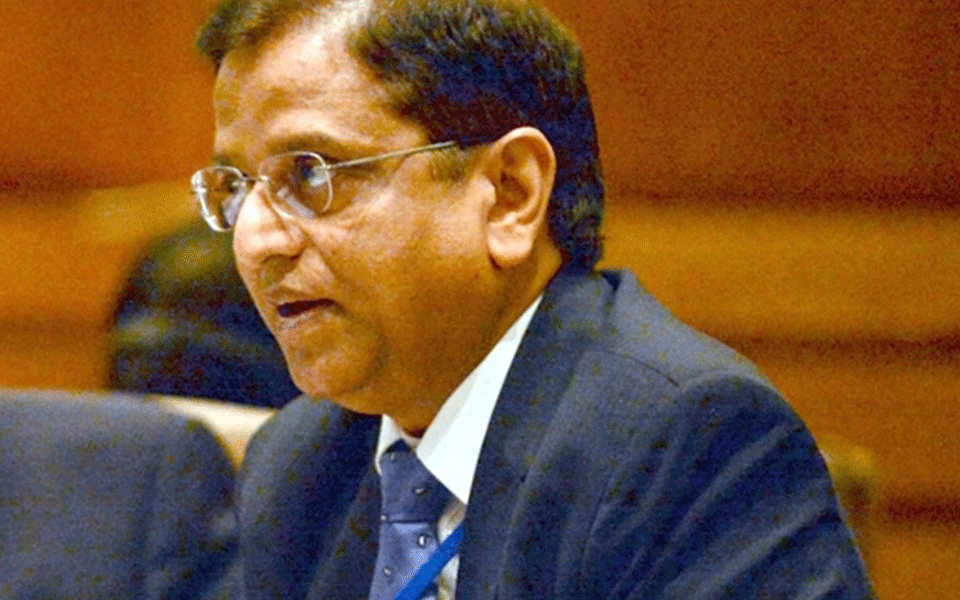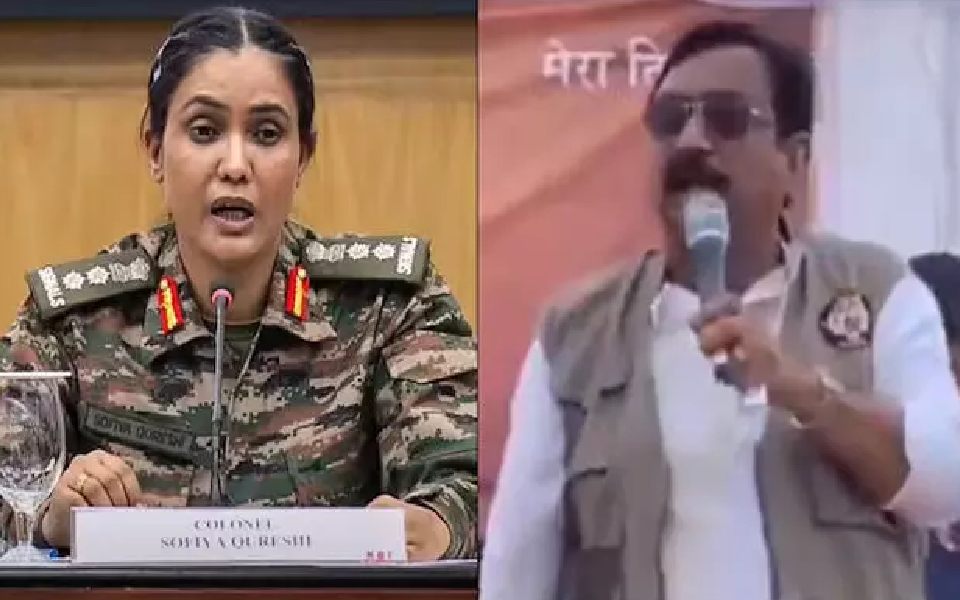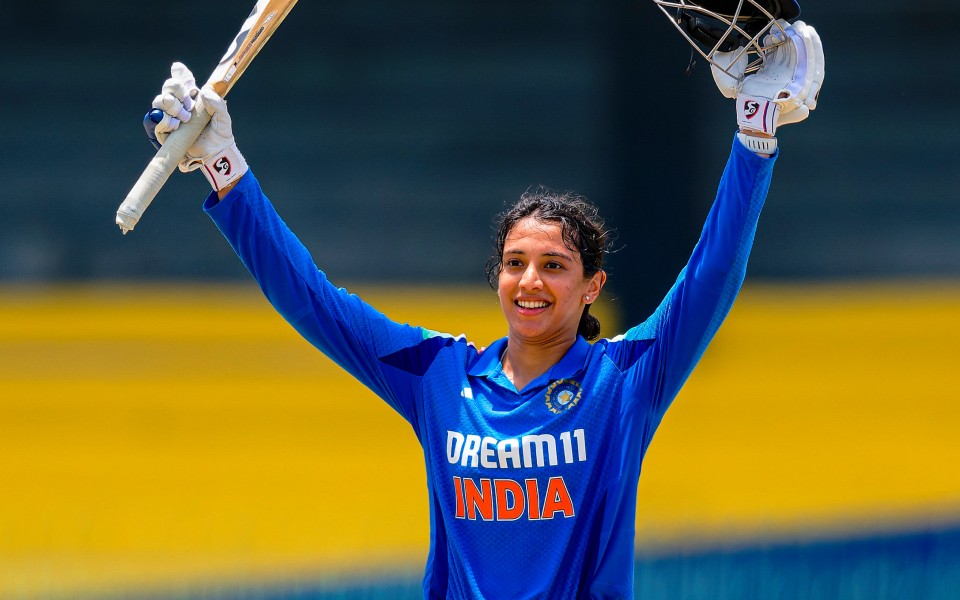New Delhi, Aug 29 : On a day when the Indian rupee plunged to a record low of 70.65 to a US dollar, the government on Wednesday said it was expected to remain in the range of 68 to 70 during the year.
Economic Affairs Secretary Subhash Chandra Garg told the media that the depreciation in the rupee was due to some small mismatch in the demand and supply, which may go either way depending on the view taken by the operators.
He said while foreign portfolio investors took some USD nine billion from the country during the first three months of the current fiscal, net flow was at an equilibrium in July.
"This month there has been so far a positive inflow of over one billion dollars. That suggests the sentimental change about the view on rupee (and) that the current levels are fairly stable," Garg said.
"Therefore, that gives me some confidence that where we are today, there may not be much variation. So I retain the same view that between 68 to 70 is the level where the rupee would mostly remain.
"Considering fundamental supply of dollars and the demand, it should be fair to assume that that might be the level on which it will stay during the year," he added.
Earlier, after hitting an all-time low 70.65 per dollar, the rupee settled at 70.59 per dollar, depreciating by 49 paise from its previous close of 70.10 per dollar.
Let the Truth be known. If you read VB and like VB, please be a VB Supporter and Help us deliver the Truth to one and all.
Bhopal/Indore, May 13 (PTI): Madhya Pradesh Minister and BJP leader Vijay Shah has sparked a major controversy with objectionable comments that appeared to be directed at Col Sofia Qureshi, whom he tried to project as a "sister of terrorists."
Under severe flak, Shah said if anyone is hurt by his statement, he is ready to apologise ten times, adding that he respects Colonel Qureshi more than his sister.
The Congress has appealed to Prime Minister Narendra Modi to sack Shah from the Madhya Pradesh cabinet.
Colonel Qureshi had conducted regular press briefings, sharing details of the 'Operation Sindoor' launched by Indian armed forces to strike terrorists, joined by Foreign Secretary Vikram Misri and Wing Commander Vyomika Singh.
"Those people (terrorists) who had wiped out the sindoor (vermilion) of our sisters (in the Pahalgam terror attack)..We avenged these 'kate-pite' people by sending their sister to destroy them," Shah said.
"They (terrorists) killed our Hindu brothers by making them remove their clothes. PM Modi ji responded by sending their (terrorists') sister in an Army plane to strike them in their houses. They (terrorists) made our sisters widows, so Modiji sent the sister of their community to strip them and teach them a lesson", the BJP leader said while addressing a gathering in Ramkunda village near Indore.
He said, "Revenge was taken for the honour of our country (India), respect, and for the (slain) husbands of our sisters by sending a sister from your (terrorists') community to Pakistan".
The tribal welfare minister clarified that his remarks should not be construed otherwise.
Shah's remarks drew wide-scale condemnation, with Congress demanding his immediate dismissal from the MP cabinet.
Congress President Mallikarjun Kharge said Shah, who made 'derogatory' remarks in reference to Colonel Sofia Qureshi, should be dismissed immediately.
"A minister of the BJP government of Madhya Pradesh has made a very derogatory, shameful and cheap remark about our brave daughter Colonel Sofia Qureshi. The terrorists of Pahalgam wanted to divide the country, but the country was united during the entire 'Operation Sindoor' to give a befitting reply to the terrorists," Kharge posted on X.
He alleged that the BJP-RSS harbours an anti-women mentality.
"First, the wife of the naval officer martyred in Pahalgam was trolled on social media, then the daughter of Foreign Secretary Vikram Misri was harassed, and now the BJP ministers are making such indecent comments about our brave woman Sophia Qureshi," Kharge said and appealed to PM Modi to immediately sack Shah.
Madhya Pradesh Congress president Jitu Patwari shared the video of Shah on X and asked whether the BJP agrees with the minister's "low thinking"?
The MP Congress Committee alleged that Shah's "indecent' and hate-filled" statement is not just a personal attack, but an open attack on India's military dignity, national unity, and women's honour.
Amid the raging controversy, the BJP's Madhya Pradesh general secretary Hitanand Sharma summoned Shah to the state headquarters in Bhopal.
According to sources, Sharma reprimanded the minister, who also met the state BJP president, Vishnu Dutt Sharma.
Speaking to reporters, Shah sought to attribute the intemperate remarks to his "disturbed" state of mind in view of the brutal killing of innocent people in Pahalgam by terrorists.
He claimed many members of his family have a military background and many were martyred.
"Sister Sophia has brought glory to India by rising above caste and religion. She is more respected than our own sister. I salute her for her service to the nation.
"We cannot even think of insulting her in our dreams. Still, if my words have hurt society and religion, then I am ready to apologise ten times,'' he added.
Meanwhile, Congress leader Manoj Shukla and the party workers blackened the nameplate of Shah at his bungalow and raised slogans seeking his resignation.
'हमारी सेना की जांबाज बेटियां आतंकवादियों की बहन हैं'
— Congress (@INCIndia) May 13, 2025
- ये घटिया बात मध्य प्रदेश में BJP सरकार के मंत्री विजय शाह ने कही है।
भारत की जिन बेटियों पर सबको नाज है, उन बेटियों को लेकर ये शर्मनाक बयान दिया गया है। उन्हें आतंकवादियों की बहन बताया गया है।
ये हमारी पराक्रमी सेना का… pic.twitter.com/y591M3ky8G





